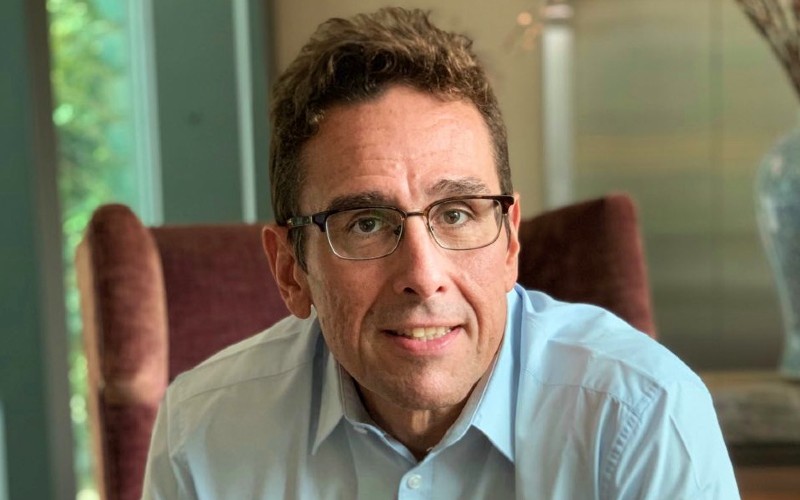Decentralised Autonomous Organisations are broken and need fixing if cryptocurrencies are to thrive.
So says Stefan Rust, CEO of Laguna Labs, after the co-founder of Maker DAO issued proposals to unpeg its stablecoin DAI entirely from the US dollar.
Following the US Treasury Department’s move to sanction Tornado Cash earlier this month, Rune Christensen has proposed an ‘Endgame Plan’ to protect DAI from centralised ‘authoritarian threats’.
The plan recommends issuing loans of DAI against real-world assets to bolster revenue then using the profits to acquire more ETH to use as collateral to back DAI.
If DAI is successful in accumulating ETH over the next three years, the protocol would then consider letting DAI drift from its dollar peg to become a free-floating asset.
The proposal has received both support and criticism from members of the MakerDAO community.
“This is a great idea and one I’m excited to watch Maker DAO explore. The US dollar is not, however, Maker’s only problem: the governance model of all decentralised autonomous organisations (DAOs) needs serious attention if the cryptocurrency industry is to thrive,” said Rust, CEO of blockchain innovation hub Laguna Labs.
“The boom and bust of the past two years have shown that we, as an industry, need to pivot back toward our founding mission: to build a decentralised, censorship-resistant financial ecosystem.
“Maker DAO is perhaps on the strongest track among crypto’s biggest participants, and it’s very encouraging to see it reassessing its use of USDC after Circle froze the assets of its US users with little to no due process.
“Bitcoin was founded as a globally decentralised network that could resist the exclusivity, elitism, and vulnerability to corruption inherent to the traditional finance system. It was and still is a grand idea. We are yet, however, to find a way to translate it for mainstream audiences.
“While we did see an influx of retail users into cryptocurrency during the DeFi boom of 2020-21, they were mainly attracted to centralised entities that were piggybacking on decentralised finance, and even posing as DeFi, to deliver yields that we now know were elaborate Ponzi schemes.
“Had these users been using decentralised finance infrastructure directly to generate that yield, which in fact anybody can, they would not be facing the same losses today. This did not happen though, as not only is DeFi an intimidating space for most, but the DAOs that govern many protocols are simply not working.”
The recent scandal surrounding the FEI network and its stablecoin – where a number of do-over governance votes robbed the community of payouts following a hack – shows DAOs are far from the utopian democracy many would like to paint them to be, says Rust.
“As we saw recently with Maker DAO and its ‘community’ vote to allow US banks to borrow DAI while adding US Treasuries to the portfolio, like all democracies, DAOs are open to outsized influence from those with the largest share of tokens, or the ability to sway opinion,” he says.
“We must do better in cryptocurrency and blockchain. We must come up with a decentralised model that reflects the new borderless network of nations that we are now living in.
“While jurisdictions like the US continue to cling to power and control as they restrict access to globalised networks, people are increasingly living their lives in these decentralised spaces.
“Facebook is now the world’s largest nation with over 3 billion people: a network nation with no physical location. We need a financial ecosystem that can serve this new demographic.”
